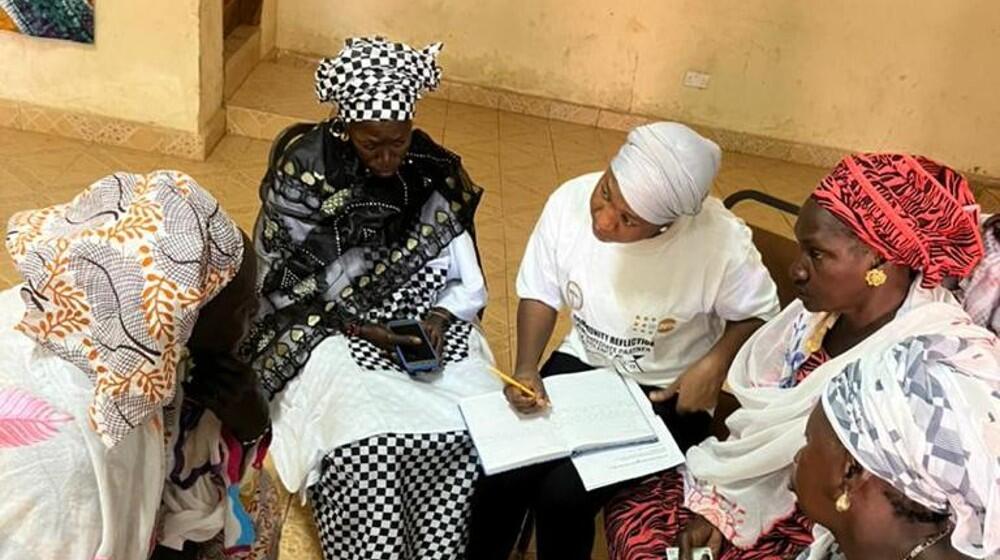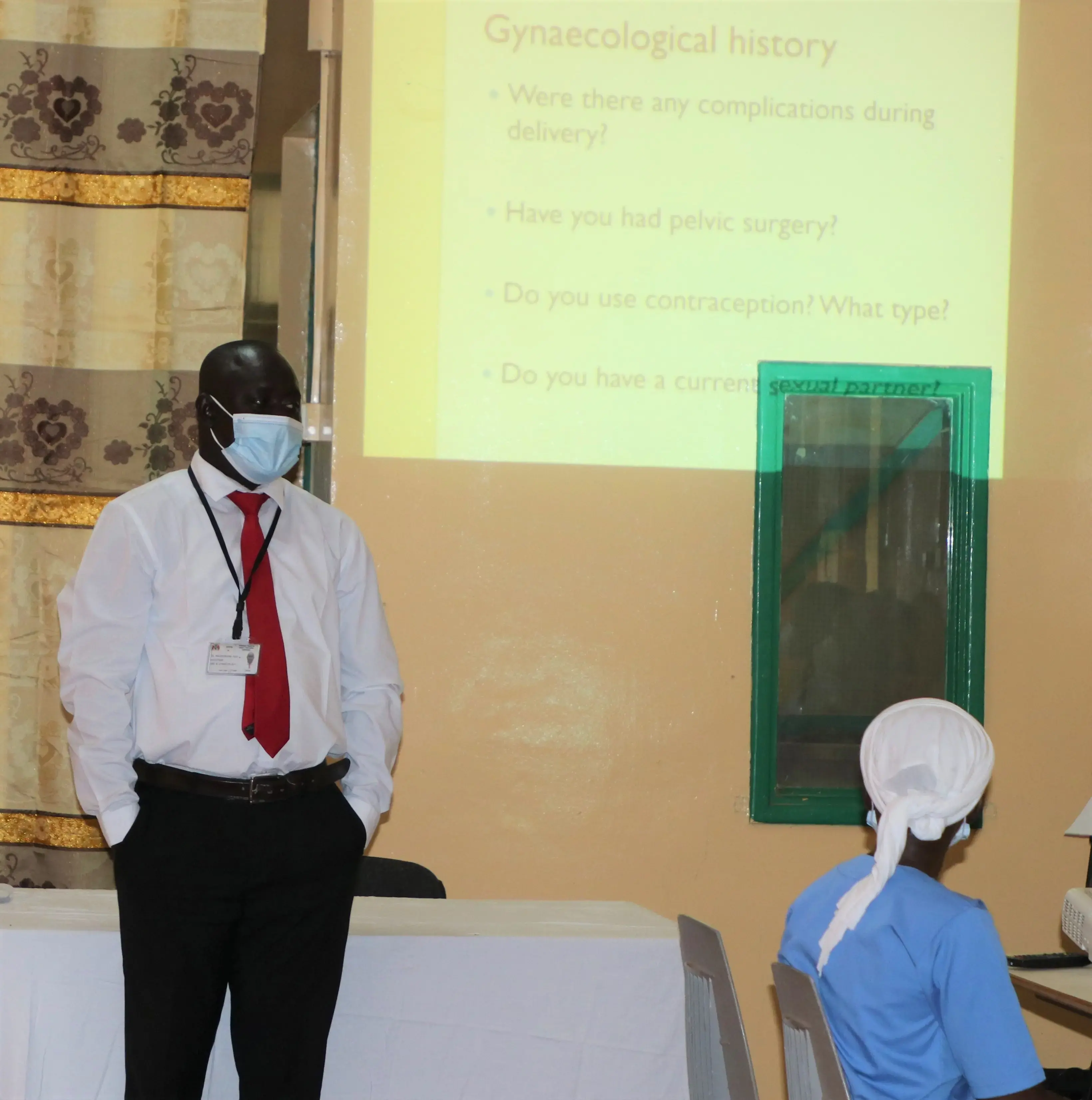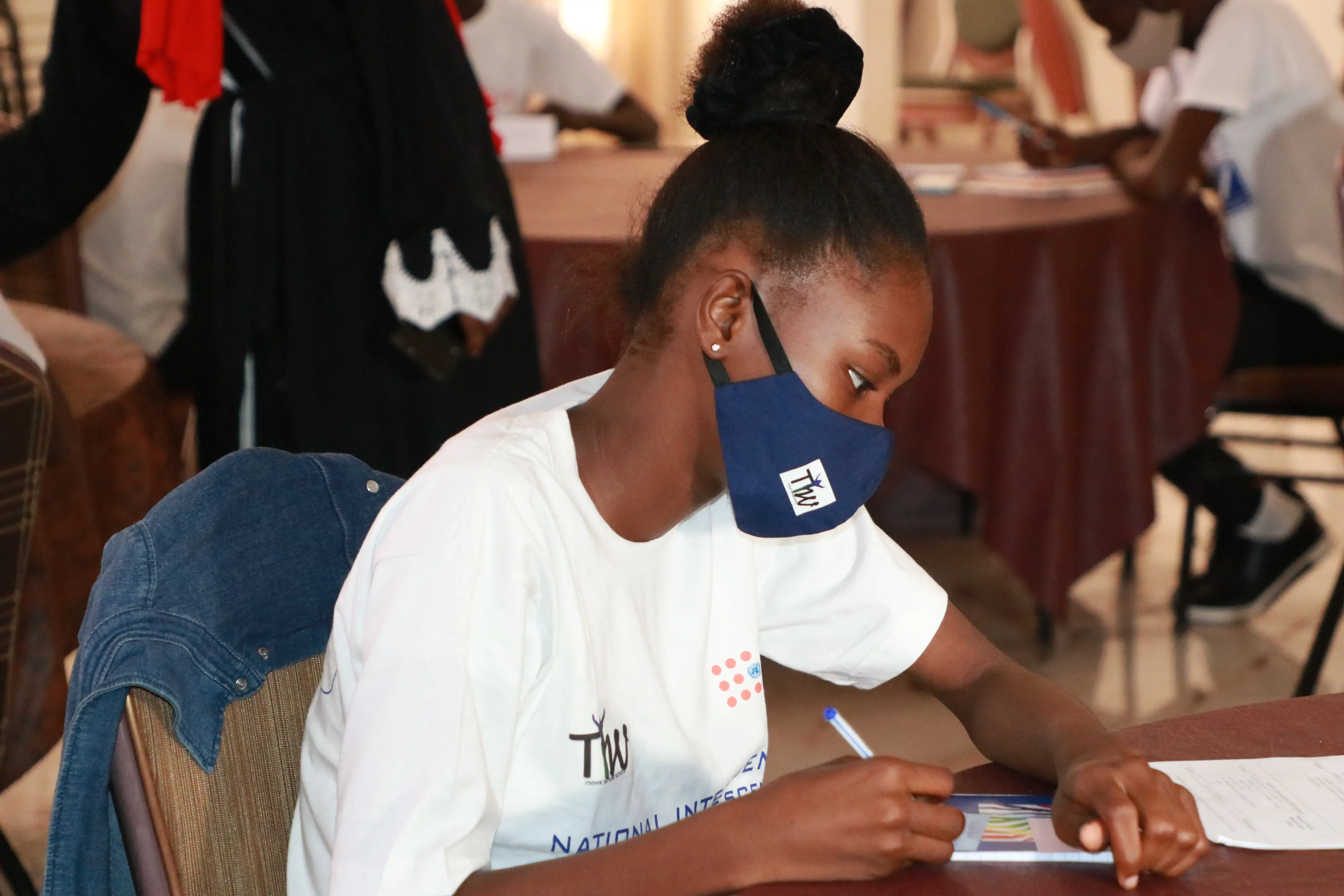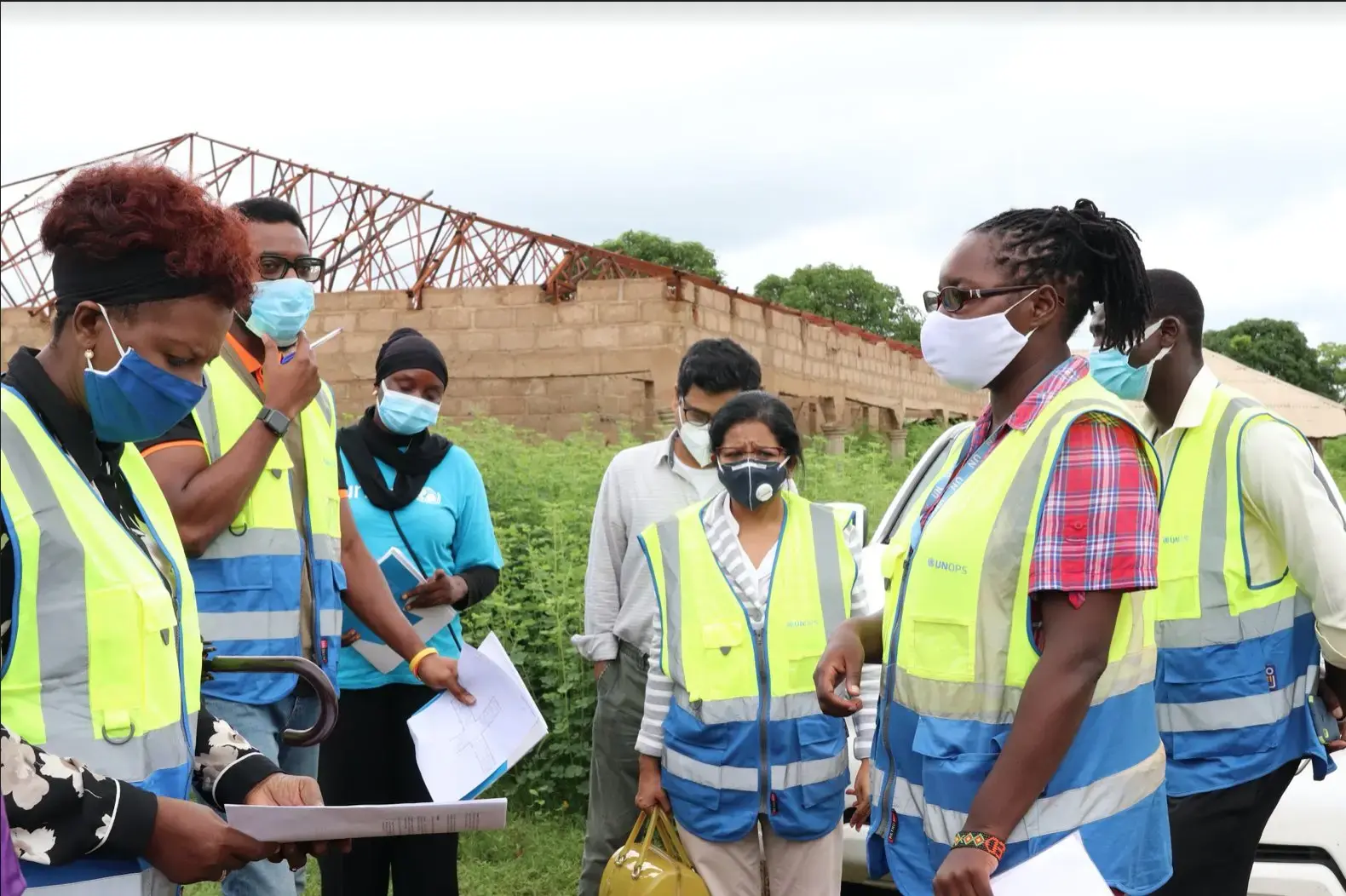UNFPA The Gambia Country Office recently funded Women in Liberation & Leadership (WILL) to carry out a community reflection project on Intimate Partner Violence (IPV) and Gender-Based Violence (GBV) in Lower River Region (LRR) and North Bank Region (NBR). According to the World Health Organization, IPV can be defined as ‘any behaviour by a person’s current or ex-intimate partner who causes physical, sexual, or psychological harm.’ GBV includes issues such as child marriage and female genital mutilation (FGM).
WILL engaged a total of 510 people across different age groups, marital status, and educational backgrounds. They also spoke with men, women, boys, and girls who live in various communities.
Community participation and mobilisation has been highlighted as a key component necessary for the prevention of violence against girls and women. It’s been argued that for change to be sustainable and effective, there needs to be collaborative efforts between external agents and communities (Minckas et al, 2020). So, the aim of this project was to pave the way towards community lead action to combat IPV and GBV in The Gambia. Community education and empowerment will enable UNFPA and its partners to better design and deliver programmes to fight violence against women.
Like the global prevalence rate, it was found that one in three women in The Gambia experience sexual or physical violence in their lifetime. As stated in the 2019/20 Demographic and Health Survey, 9% of women between ages 15 to 49 have experienced sexual violence, 40% of ever-married women have been subjected to either physical, sexual, or emotional violence by their current or most recent partners, and 51% of women and 35% of men in The Gambia agree that wife beating is acceptable. In The Gambia, IPV is still seen by many as a private matter between spouses and only a limited number of women seek legal recourse due to the patriarchal nature of the society.
WILL’s findings included:
- 85% of the respondents in LRR and 74% in NBR felt that women were at risk of experiencing IPV / GBV in their communities.
- Over 70% of the people WILL engaged with in the two regions agreed that child marriage is a violation and should be stopped.
- In the two regions, child marriage and FGM practice was reported to have decreased drastically since it was criminalised, because the population has been educated on their detrimental effects.
- 62% of the respondents in LRR and 80% in NBR responded that FGM was an act of violence and that it should be stopped. This indicated that there was a higher level of FGM support and practice in LRR than in NBR.
- While many participants reported that they understand FGM affects women in different ways, many expressed support for the practice based on beliefs that it is a religious requirement.
- WILL also found low levels of awareness of legislation, existing support services such as One Stop Centres and the GBV helpline within these two regions.
While many of these numbers are shocking, UNFPA believes that by working with implementing partners like WILL, it’s possible to educate communities towards positive change, so that we can end violence against women and girls. WILL’s research shows that there is some progress in reported attitudes towards child marriage and FGM.
UNFPA applauds WILL for this project, and thanks them for their excellent grassroots work. As well as gathering this data, WILL was also able to educate participants on the laws and legislation regarding IPV/ GBV, and raise awareness about the GBV helpline (199) which was recently launched by UNFPA.
Media Contact - Anna Ceesay, Communication Consultant - ceesay@unfpa.org





